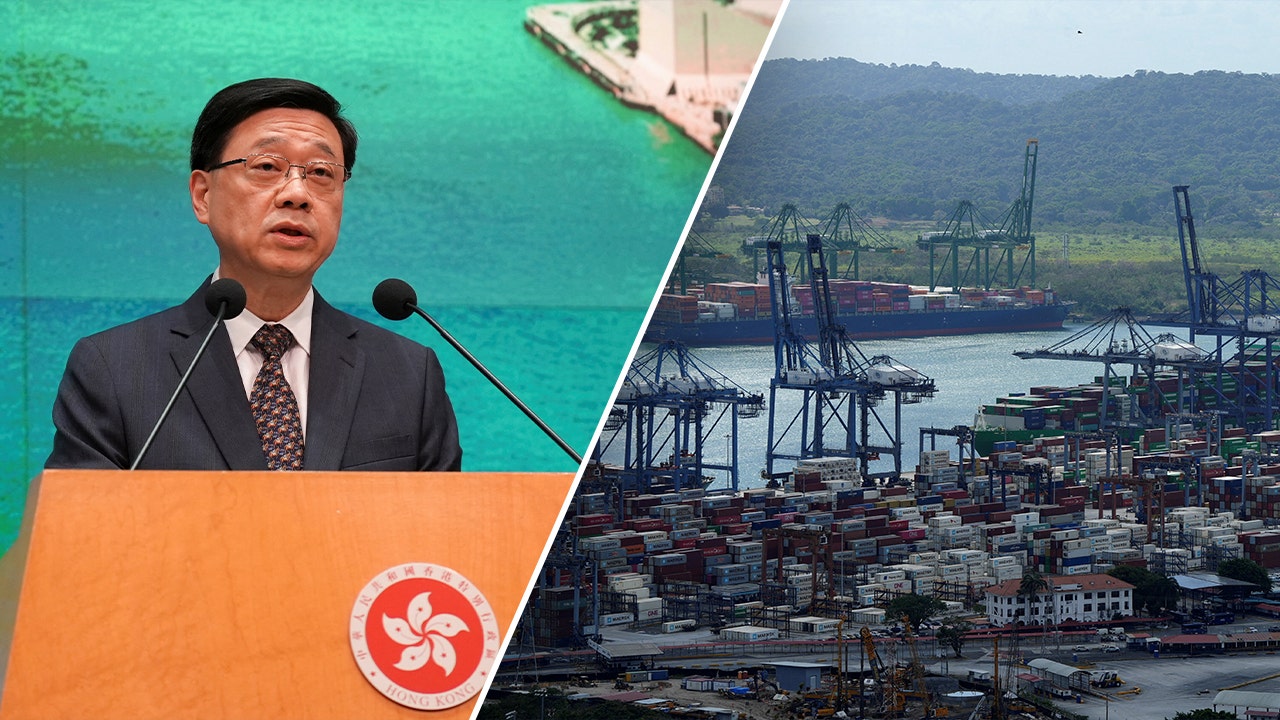China, Hong Kong threaten to thwart sale of Panama Canal ports to BlackRock

A controversial deal for the U.S. to “reclaim” the Panama Canal is facing pushback from authorities in China and Hong Kong. The deal, which involves BlackRock taking ownership of the Panamanian ports of Cristobal and Balboa from CK Hutchinson, has sparked concerns from leaders in Hong Kong and China.
John Lee, the leader of Hong Kong, expressed his worries about the agreement, stating that it deserved “serious attention.” The deal was initially seen as a solution to President Donald Trump’s threats to take back the canal, claiming that China was exploiting U.S. ships through entry fees.
However, Beijing has launched investigations into potential antitrust and national security concerns surrounding the deal. This has raised tensions between the U.S. and China, as the canal serves as a vital waterway for global maritime trade.
The stock price of CK Hutchison dropped following Lee’s comments, leading to the cancellation of press and investor briefings. The deal has also faced scrutiny in Panama, with the Attorney General filing lawsuits against the renewal of a contract granting exclusive rights to Hutchison.
The Chinese government-owned newspaper, Ta Kung Pao, criticized the deal, claiming it would allow the U.S. to use the canal for political purposes and control Chinese trade and shipping. The ownership of the canal by a Hong Kong billionaire has further complicated the situation, with concerns about the deal’s compliance with Hong Kong law.
The potential implications of China’s presence in the canal zone, including the ability to block U.S. access at will, have raised concerns about national security and leverage in trade negotiations. The constitutional challenges in Panama and the ongoing tariff disputes between the U.S. and China add further complexity to the situation.
In response to reports of Chinese investigations, a foreign ministry spokesperson emphasized China’s opposition to economic coercion and bullying. The decision by Panama to distance itself from China’s Belt and Road Initiative reflects a broader geopolitical shift in the region.
Overall, the deal for the U.S. to “reclaim” the Panama Canal has sparked a contentious debate involving multiple countries and stakeholders. The outcome of this agreement will likely have far-reaching implications for global trade and relations between the U.S., China, and other nations involved in the canal’s operations.




